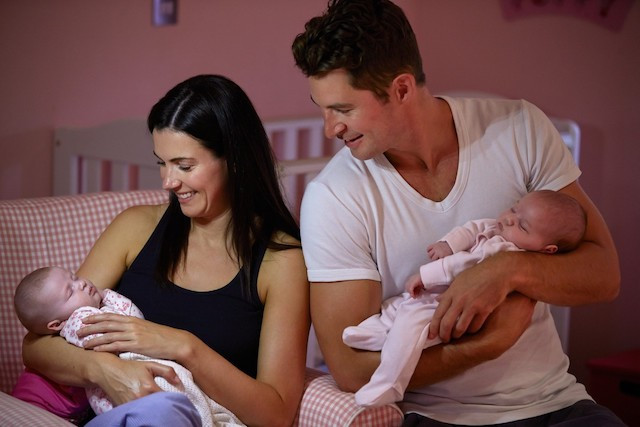On 15 March, 2015 Ms. Xi (as named in the EU Court of Justice ruling) learned that the Caisse pour l'avenir des enfants was refusing to grant her parental leave. This is because this right is “subject to the condition that the worker is legally employed at a place of work and as such affiliated to the relevant social security scheme at the time of the birth of the child.”
Double condition for parental leave
The case will follow its course through the Luxembourg courts to the Court of Cassation, which finally asked a preliminary question to the Court of Justice of the European Union: to determine whether the 2010 European Directive on parental leave was in conflict with Luxembourg law. Which “makes the granting of parental leave subject to the double condition that the worker is legally employed in a workplace and affiliated to the social security system, on the one hand, without interruption for at least twelve continuous months immediately preceding the beginning of the parental leave and, on the other hand, at the time of the birth or the reception of the child or children to be adopted, compliance with this second condition being required even if the birth or reception took place more than twelve months before the beginning of the parental leave.”
The answer has just been delivered, but as the subject is technical, a series of elements concerning Mrs. Xi is required.
- In September 2011, she concluded a fixed-term contract with Luxembourg for the services of a post-primary education officer, which expired on 26 January, 2012
- Once the contract ended, she was disaffiliated from the social security bodies as of 26 January, 2012.
- On 4 March, 2012, then unemployed, she gave birth to twins.
- On 14 June, 2012, she received unemployment benefits and was de facto once again affiliated to the social security organisations.
- On 15 September 2012 and 1 August 2013, she concluded two fixed-term contracts with Luxembourg.
- Finally, on 15 September, 2014, Ms. Xi signed an open-ended contract with the member state in the education sector.
She then applied for parental leave, starting on 15 September, 2015. This request was denied.
Two conclusions in the judgment
The conclusions of the CJEU are twofold. First of all, it points out that “Union law does not preclude national legislation which makes granting the right to parental leave conditional upon the parent concerned being employed continuously for a period of at least twelve months immediately before the start of that parental leave”, which was, to the day, the case of Mrs Xi.
Secondly, and Mrs Xi will also welcome this, “that a member state may not make a parent's right to parental leave subject to the condition that the parent is working at the time of the birth or adoption of his or her child.”
The ball is now in the court of appeals court, which will either overturn the judgment or not and send it back to the court for a new judgment. It nevertheless remains a small victory for Mrs. Xi.
This article was originally published on Paperjam.lu in French. It has been translated and edited for Delano.
